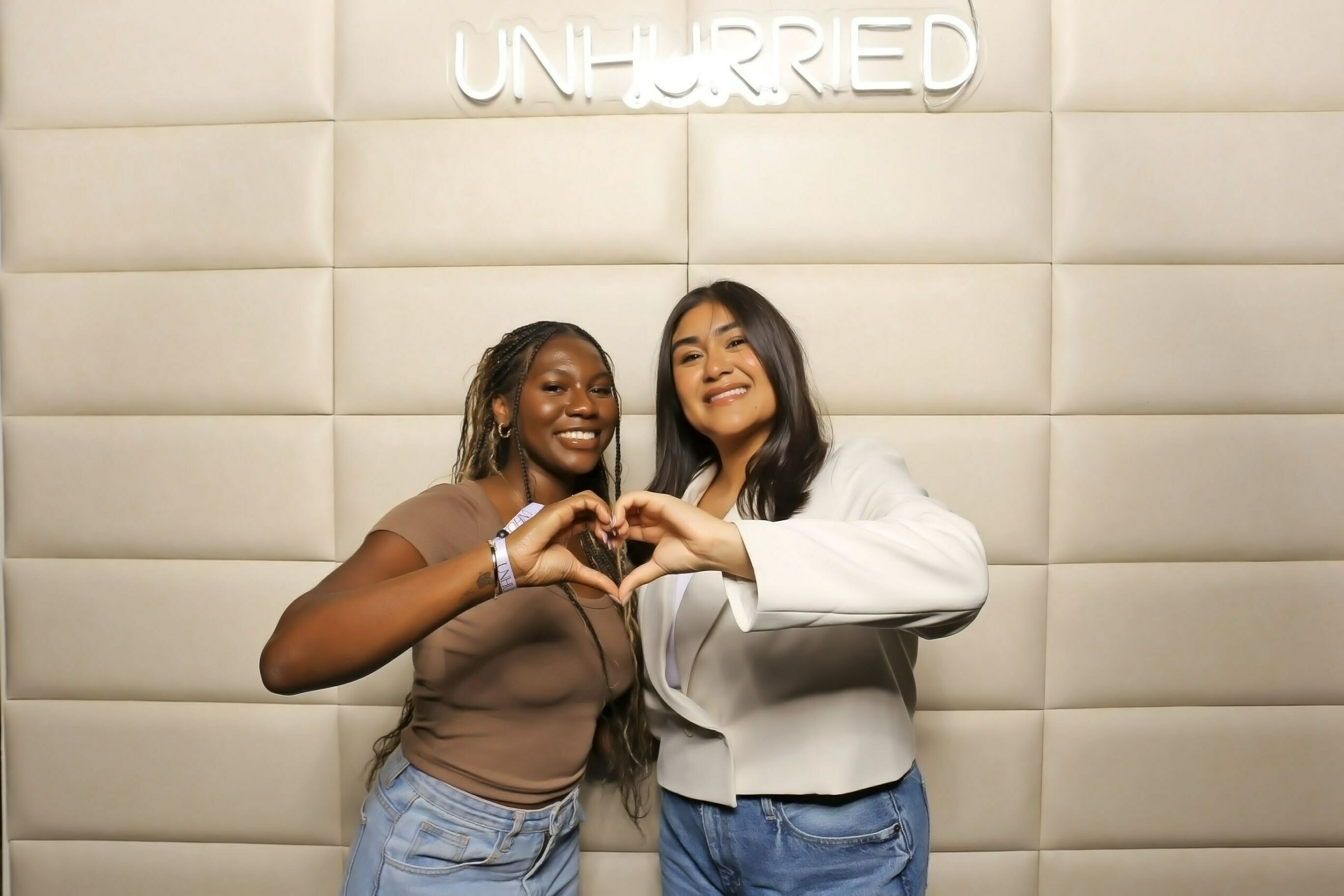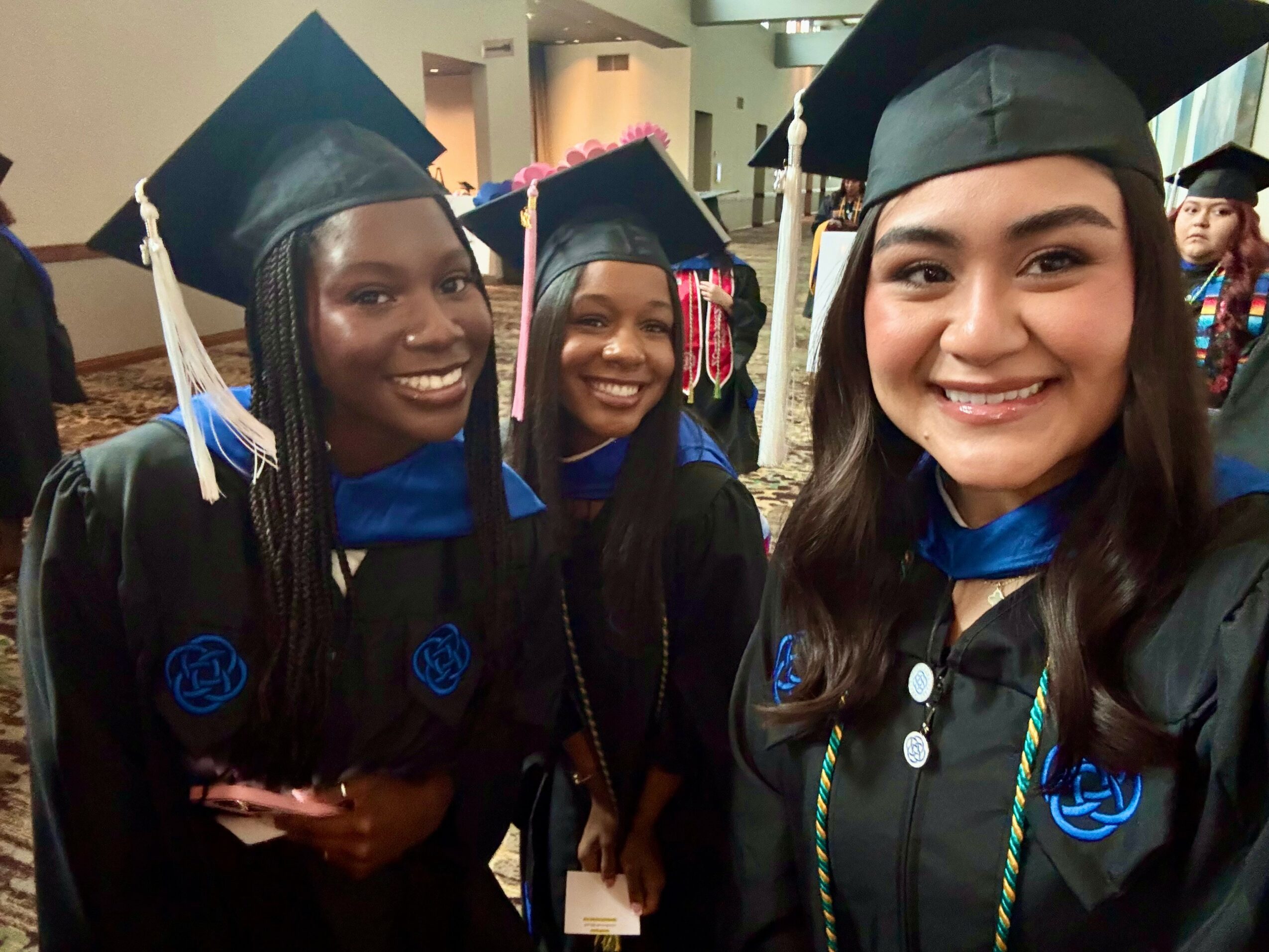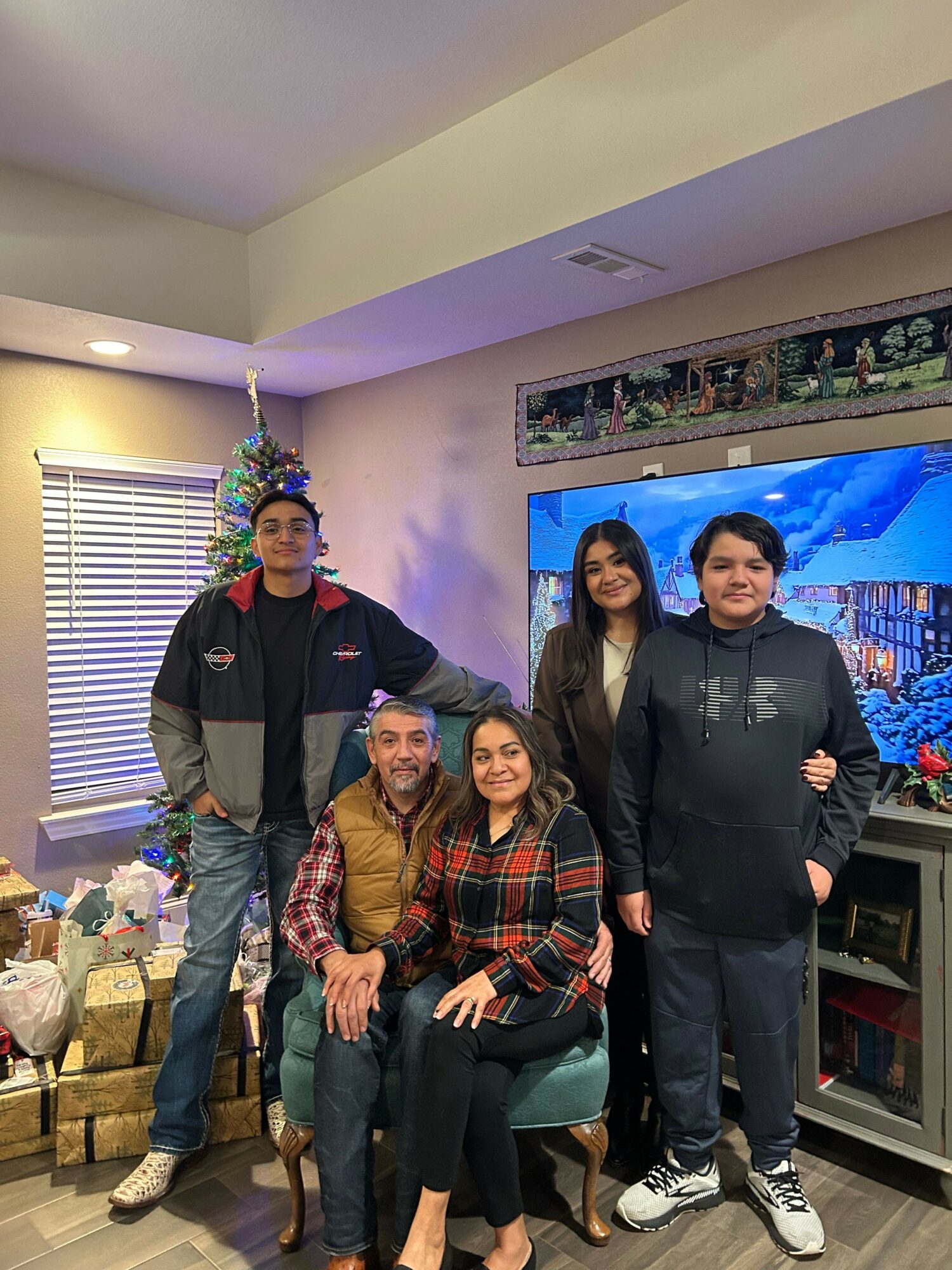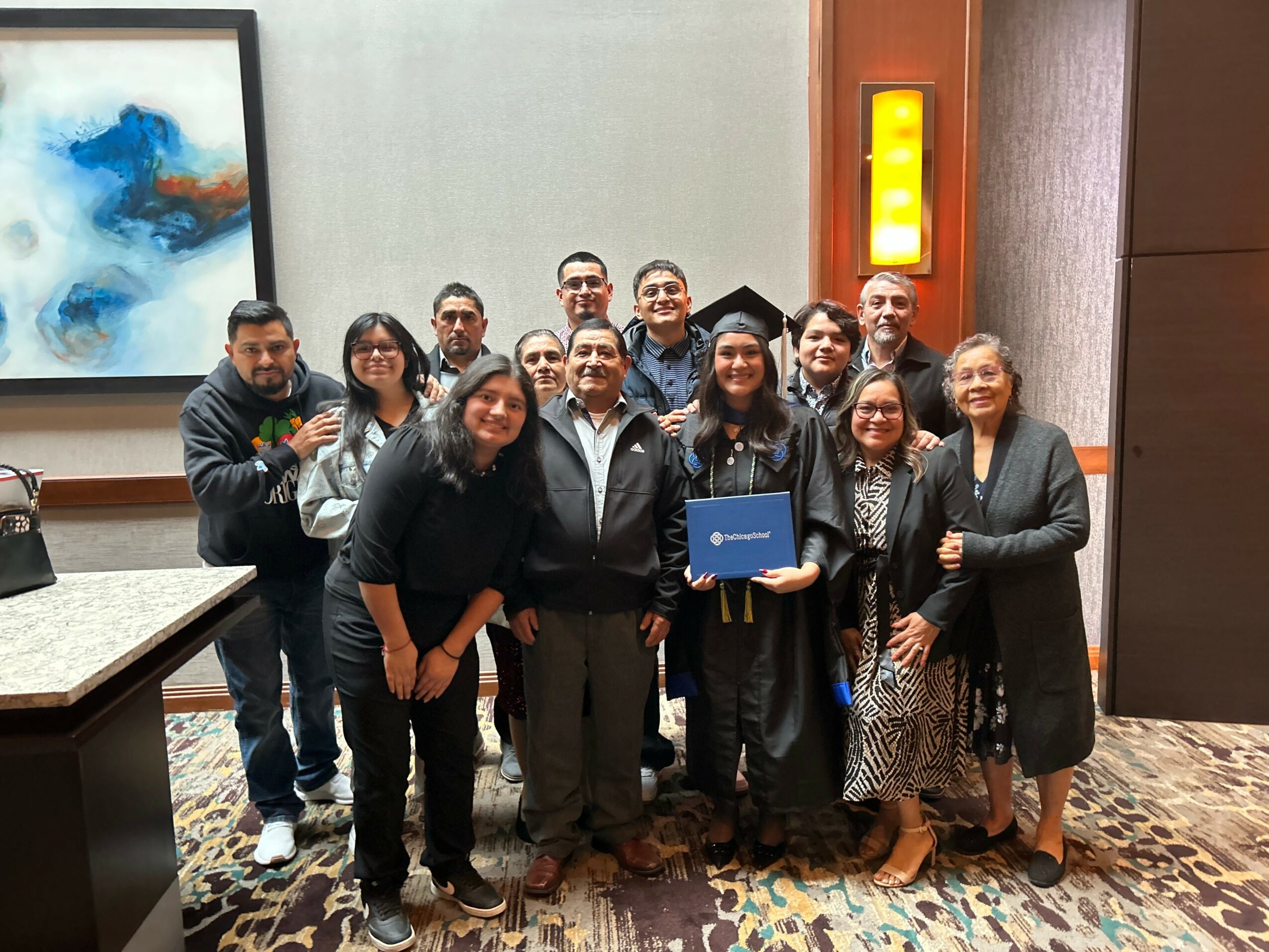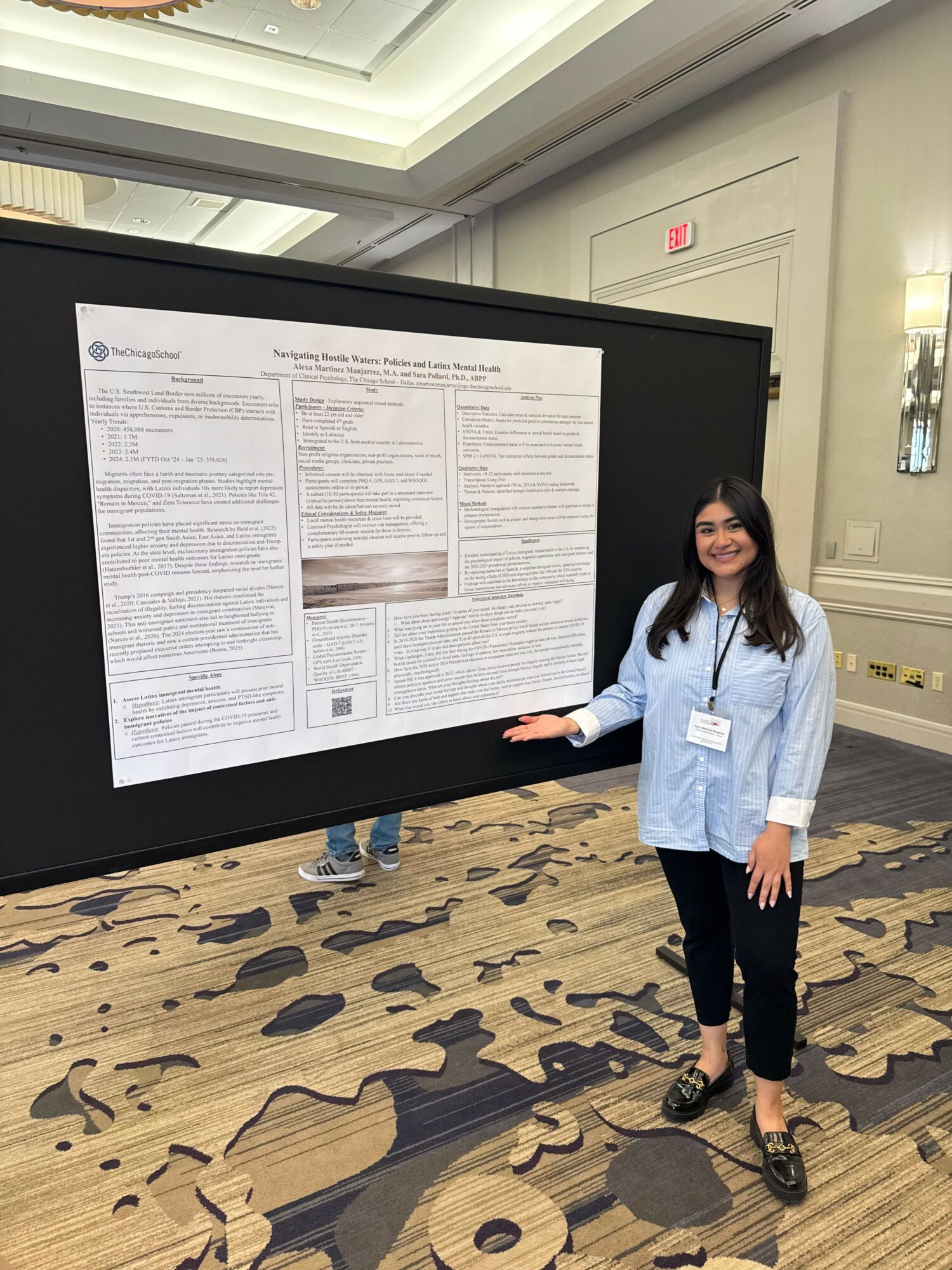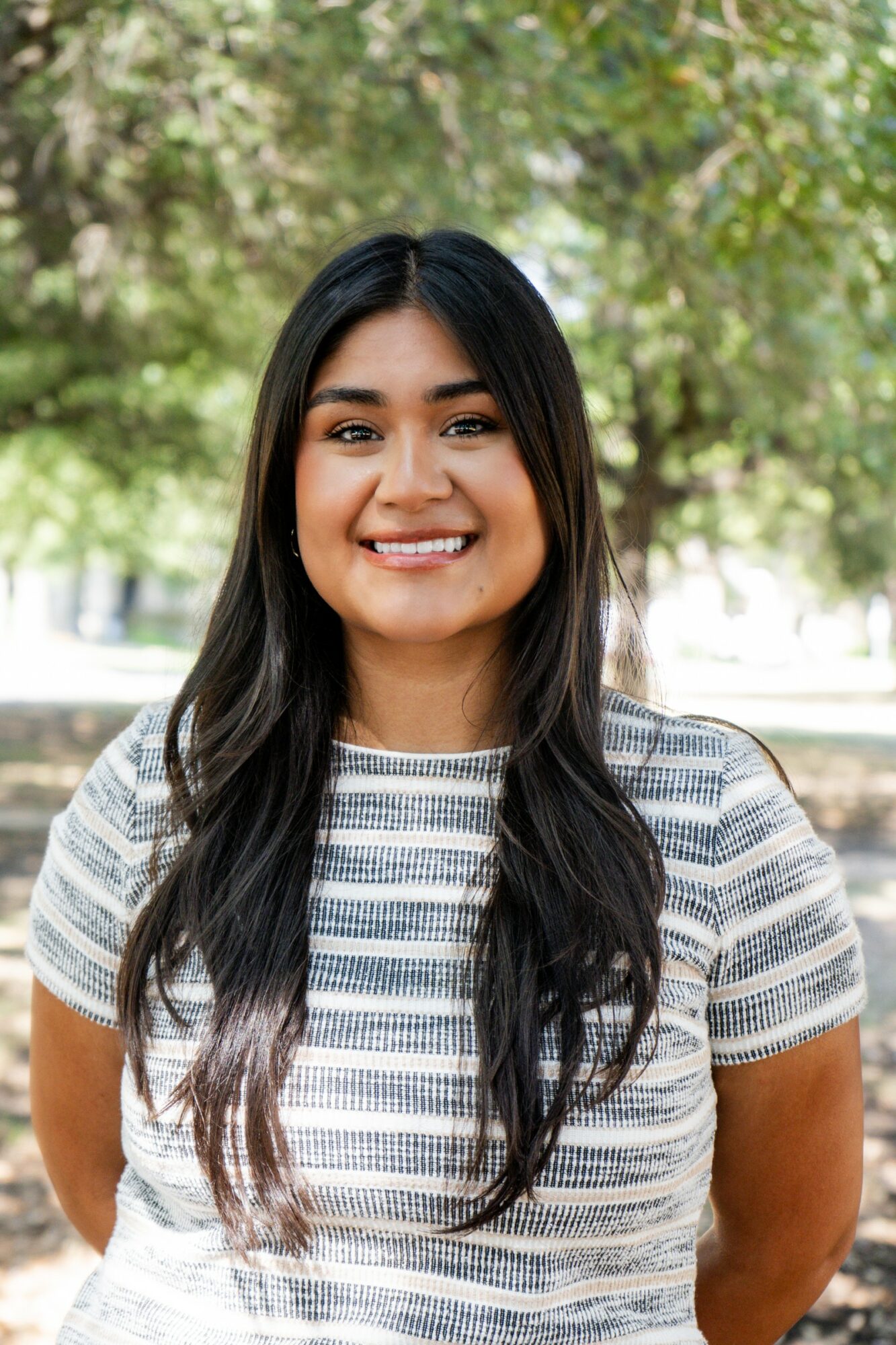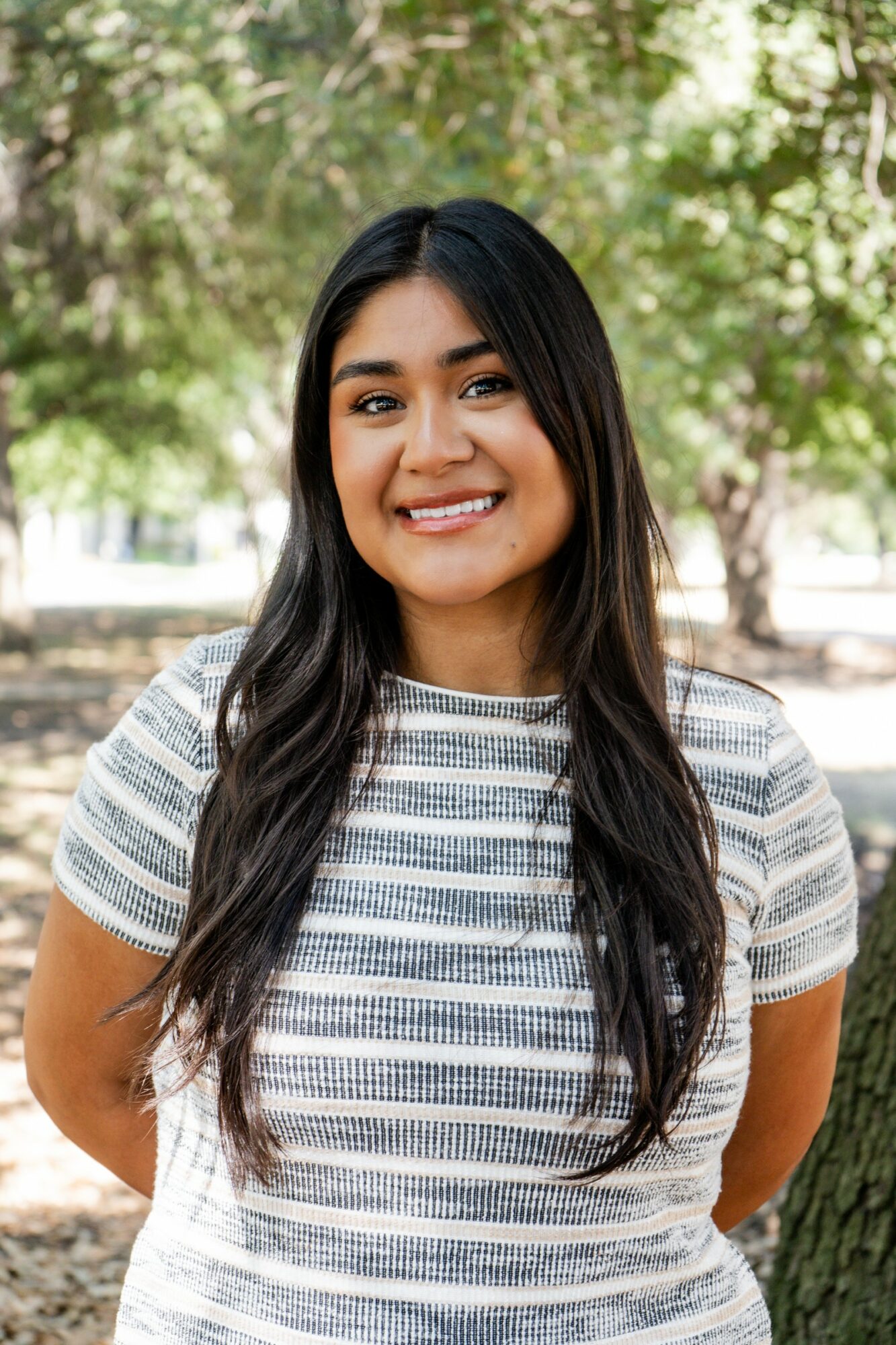

Today we’d like to introduce you to Alexa Martinez Manjarrez.
Hi Alexa, thanks for joining us today. We’d love for you to start by introducing yourself.
Getting my doctorate in Clinical psychology was something I never expected. Yet, here we are — I’m in my fourth year out of five with the completion of my degree within grasp.
Being from a small town in Northwest Arkansas, obtaining a higher education was something I saw as unattainable. I didn’t know anyone who looked like me and who was going to college. I am a first generation, Mexican American whose immigrant parents came here for a better life, for themselves and their children. It is definitely the immigrant story that millions of individuals have in the U.S. today.
Fastforward to moving out of state to attend a private Christian college south of Dallas — I found myself in my senior year not sure of what I was going to do next. At this point, a big influence in wanting to be in the mental health field was struggling with my own mental health. Turns out moving out of state and being in a new environment can be overwhelming and I found it difficult to adjust. I struggled with depression and anxiety, and it felt like I was alone in that struggle. Thankfully, seeking mental health counseling at my college’s counseling center helped out a lot. In my psychology courses, I learned about the mental health disparity that exists for low income and minority populations, and it quickly became something I became passionate about and aimed to help bridge the gap.
My psychology department had one professor (Dr. Armistead) who taught most of the psychology courses at our school, since it was a small university. I learned a lot from him, and little did I know that he saw I could do the work of a psychologist. He and I were having a discussion about what I was going to do after college (this was at the beginning of my senior year) and I told him that I wanted to be a therapist. He replied, “okay, what kind” — it seems laughable now, but I was not even in the know about the different types of clinicians there are. But it was during that meeting, in which he encouraged me to apply to doctoral graduate programs and saw that potential in me — something that I had not seen before. He was a great mentor and professor the rest of my senior year and is most definitely the push I needed to set me on the career path I am on today.
We all face challenges, but looking back would you describe it as a relatively smooth road?
The road has been far from smooth….I graduated in 2021 with a secure spot at a psyd counseling psychology program in Washington state and I was beyond ecstatic. Little did I know that being thousands of miles away from home, in a rainy state, and with no friends was going to be the reason I stepped away from that program. At the time, it was not an easy decision — it felt like defeat, failure, and embarrassment. Going to Washington state for this program initally felt like I was paving the way for my family members, particularly my siblings and younger cousins. I wanted to show them that we can want more for ourselves and go out there and get it. But, for my own mental health and holding my family values close to me, I had to leave.
Getting into my current program was a complete leap of faith, as I had withdrawn without a plan B. Thankfully, I was accepted, and I was a lot closer to home. These last four years of the journey have also not been smooth. From running into kinks from this being a new program, to the rigor it takes to be in a doctoral program — I’ll say this, it takes determination and grit to get through it. Many think it takes, smarts and intelligence — for which yes, to a degree, but if it were not for my determination and grit, I would not be here.
I’ve faced other challenges within the program such as imposter syndrome — feeling like you don’t belong because of who you are. This is something I have come to terms that is normal and like one of my supervisors said “imposter syndrome keeps you humble”. I’ve faced almost being let go from the program — which was scary and felt at the time defeating. The currently obstacle I’m facing is — whether I will be allowed to go on to internship in the summer — which is contingent on a compressive exam, for which I did not pass one section. To remediate, I have to write a 25-page paper in the topic of psychological assessment. So no, it still has not eased up, even though I am in my last education year.
As I write all of this out, I cannot complete this section without saying — as an individual who identifies themselves as Christian, I also would not have come this far if it were for leaning on my faith during these tough times. It is something that has not only helped my mental health but given me so much perspective and peace about who is really in control, which in my case is God. All of that to say, keeping a strong faith through this program has not been easy but having a support system of individuals who also align in my faith definitely has been a great help.
Alright, so let’s switch gears a bit and talk business. What should we know about your work?
Within the field of clinical psychology, there are different hats that one can wear. For example, if your preference is for therapy, that can be your choice once your licensed. For other clinicians, providing psychological assessments is their sweet spot. Other jobs include supervision of other clinicians or providing consultation services to a variety of businesses. Safe to say, I love the variety, it helps me not get bored. Personally, when I eventually get licensed and am practicing independently, I plan to provide dual services (both therapy and assessment). I love that the therapy space can be a judgement free place for clients to process and heal from their presenting concerns. From assessments, the feedback session is my favorite, as many individuals find ease and comfort in knowing what is really ‘wrong’ per say.
My focus and interest are working with teens and adults, from minority backgrounds. I also have an interest in working with immigrant and refugee populations — working through mood disorders like depression, anxiety and others with trauma like PTSD. Outside of that, I like helping others through relational issues as well. What sets me apart from others in training will not be much — there are thousands of doctoral students out there like myself. What could set me apart for some clients is the life experiences that I have been through that allow me to connect with clients and understand them. Since one of my aims is providing bilingual services, being a Spanish speaking Latina facilitates that goal.
I am most proud of the positive ways this program has changed me. It truly has made me a better person, from less judgmental, more empathetic, improved my communication and assertiveness. I’ve learned to take up space and doing so confidently in spaces not made for individual who look like me. I’m also proud that I will be representing a huge population in the U.S. now in higher education. I will be a part of the small percentage of Latinas who obtain their doctoral degree. This is important because representation in our field really does matter. If anything, I hope to continue being a positive and uplifting influence on those around me.
Are there any books, apps, podcasts or blogs that help you do your best?
Books – the body keeps the score (great to learn about how trauma shows up in the body)
podcasts – the diary of a ceo
IG account – Immigrant Rising, Latinaswithmasters, Latinxtherapy, Latinxparenting, Refugio.Pscio,
Contact Info:
- Instagram: https://www.instagram.com/hey_alexa0/
- Facebook: https://www.facebook.com/alexa.martinez.382129/about
- LinkedIn: https://www.linkedin.com/in/alexa-martinez-manjarrez
